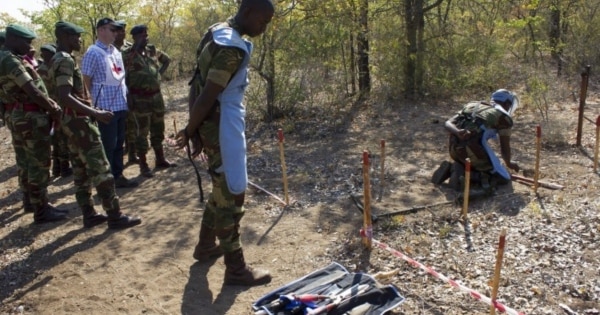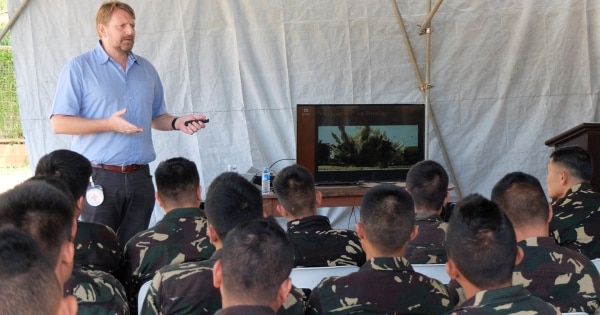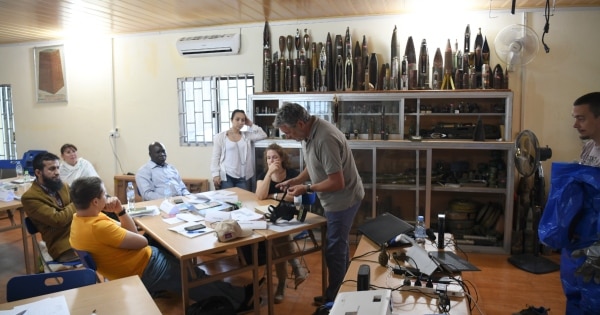< BACK TO JOBS
WHAT WE DO
The preventative weapon-contamination activities carried out by the ICRC are directly related to our mandate to protect civilians from the effects of armed conflict. During and immediately after an armed conflict, we may also carry out activities aimed at reducing the consequences of weapon contamination and chemical, biological, radiological and nuclear (CBRN) hazards for the civilian population.
The ICRC is the lead organization for tackling weapon contamination in the International Red Cross and Red Crescent Movement, providing support to National Red Cross and Red Crescent Societies involved in long-term national strategies to deal with the effects of weapon contamination.
“Weapon-contamination activities” is thus the umbrella term we use to refer to all operational activities aimed at identifying hazards and assessing risks in order to ensure the safety of Red Cross and Red Crescent workers and the continuity of the Movement’s humanitarian operations and to reduce the impact of hazards on the civilian population.
Download our pamphlet to discover roles in Weapon Contamination.
WHAT WE LOOK FOR
The ICRC continuously recruits qualified and experienced technical experts and consummate professionals to provide assistance to people in contaminated communities and/or to manage weapon-contamination projects serving the population of a defined geographic area in emergency and non-emergency situations.
Interested candidates must be fluent in English and have good oral and written communication skills. Knowledge of a second language of interest for the organization, such as French, Arabic, Spanish or Russian, is a strong asset.
We are looking for professionals with prior international field exposure, who are sensitive and open to cultural, ethnic and gender diversity and strongly motivated by humanitarian work.
Candidates must be able to work under pressure, in multidisciplinary and multicultural teams and sometimes in harsh living conditions and complex security environments.
WHAT WE OFFER
By joining our organization, you will have an opportunity to practise your profession in stimulating, complex and sometimes challenging environments, where your work can really make a difference.
You will work with colleagues from various fields of expertise in a cross-cutting manner to help victims of conflict and other situations of violence. You will be dealing with humanitarian situations that require experience, resourcefulness and innovation in order to achieve the best possible impact, often with limited resources.
You will work for the oldest major international humanitarian organization in the world, adding to your sense of achievement in alleviating the suffering of people and communities and giving you the chance to promote humanitarian values in these turbulent times.
You will benefit from a competitive employment package, including different possibilities for career and personal development. You will take part in an onboarding course and follow continuous training, in order to build your career within the ICRC and beyond.



